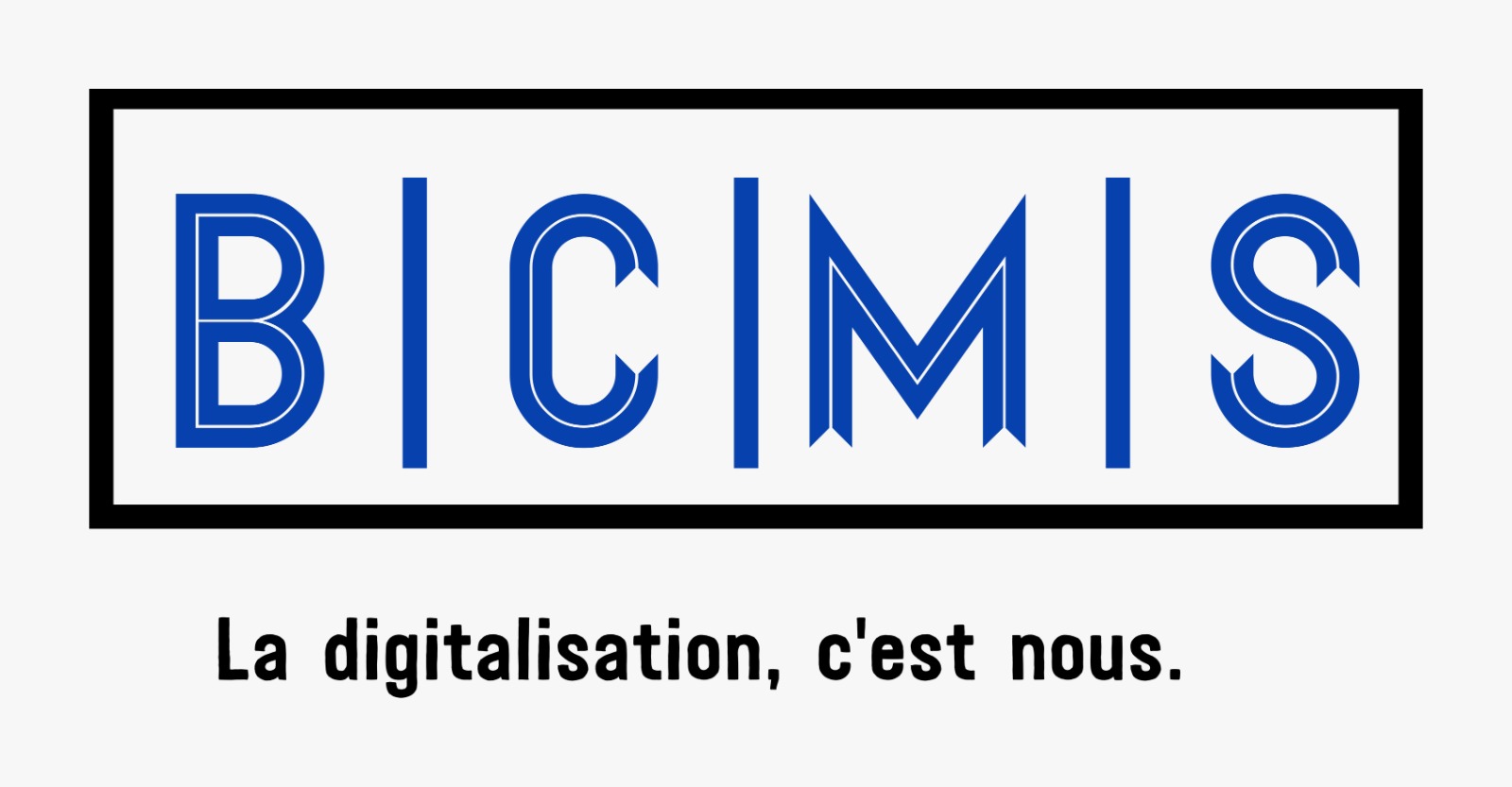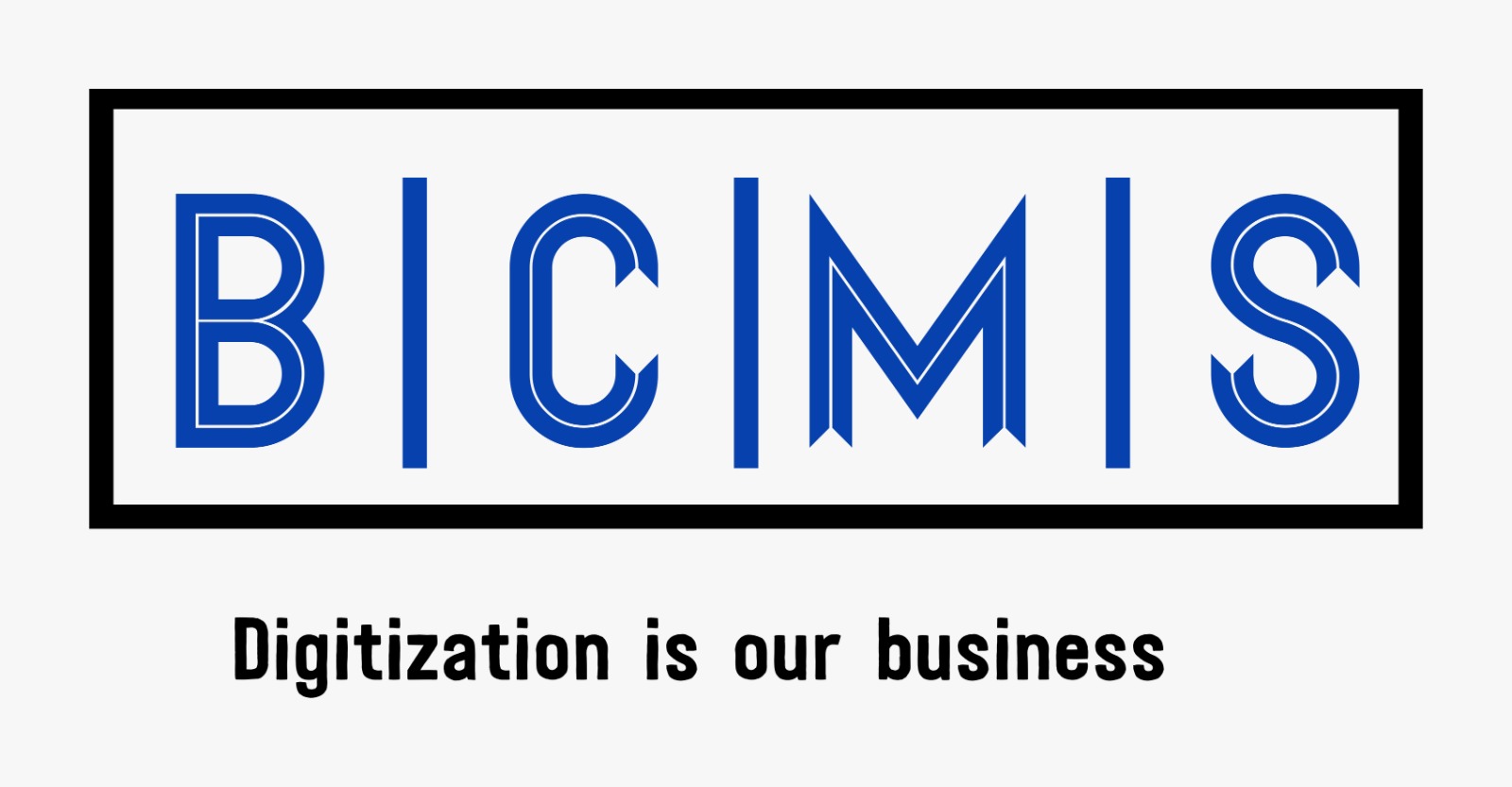- 41, Street. Mpangala, Moungali, Brazzaville, Republic of Congo
- contact@bcms-corporation.org
- +242 06 664 6920
- +242 06 664 6920
Market analysis and
commercial feasibility studies
Market Analysis and Feasibility Studies: The Foundation of Your Success.
In the Information and Communication Technology (ICT) sector, in-depth market analysis and feasibility studies are essential for making informed decisions and maximizing your success. Whether you’re considering launching a new product, expanding your operations, or exploring new markets, these strategic processes allow you to assess business potential, identify opportunities, and minimize risks.

On this page, we will present the importance of market analysis and feasibility studies, along with concrete examples to illustrate their application.
Market Analysis
Market analysis involves gathering and analyzing data on the market, customers, trends, competition, and economic factors. This helps you understand the competitive landscape, customer needs, growth opportunities, and potential challenges.
Concrete example
A TIC consulting firm intends to launch a new human resources management software. They conduct a market analysis to assess the demand for this type of software, understand the features sought by businesses, analyze existing competitors, and estimate the market size. This analysis enables them to make informed strategic decisions throughout the development and commercialization process.
Feasibility Studies
Feasibility studies evaluate the viability and profitability of a project or business initiative. They include analyzing costs, potential revenues, risks, required resources, and technical feasibility. These studies help you assess whether a project is feasible from a business, financial, and operational perspective.
Concrete example
A TIC company considers establishing a subsidiary in a foreign country to expand its international operations. Before making this decision, they conduct a feasibility study that evaluates setup costs, local regulations, market growth potential, required resources, and associated risks. This study enables them to determine the viability of the project and develop a robust expansion strategy.
Identifying Opportunities
Market analysis and feasibility studies help you identify growth and innovation opportunities. They allow you to spot market niches, underexploited segments, emerging technological trends, and unmet customer needs.
Concrete example
A TIC consulting company conducts market analysis to assess the demand for virtual reality solutions in the tourism industry. They identify an opportunity in immersive virtual tours for tourist destinations. They then conduct a feasibility study to assess the profitability and technical feasibility of creating these virtual tours. Through this approach, they launch a new service that achieves great success and generates significant growth for their business.
Risk Reduction
Market analysis and feasibility studies help mitigate risks associated with new initiatives or business expansion. By identifying potential challenges, unforeseen costs, regulatory obstacles, or competitive factors, you can take preventive measures to minimize risks and increase your chances of success.
Concrete example
A TIC company plans to develop a mobile payment application. Before starting development, they conduct a feasibility study that identifies potential risks, such as intense competition in the mobile payment market, strict data security regulations, and high development and maintenance costs. Based on this study, the company adjusts its strategy to overcome these challenges and successfully launches a high-performing and secure application.
Technical Support and Maintenance
BCMS not only develops custom software solutions but also provides ongoing technical support and regular maintenance to ensure optimal performance and longevity of the software.
OUR ACHIEVEMENTS:
Example 1: Change Management during the Implementation of a New Management System for a Financial Services Company
We worked with a financial services company to facilitate the transition to a new integrated management system. We conducted a thorough analysis of the impact of the change on existing processes, identified key stakeholders, and developed tailored communication and training plans. Through our effective change management, the company was able to overcome resistance to change, quickly adopt the new system, and improve its operational processes.
Example 2: Change Management during the Establishment of an Innovation Culture in a Technology Company
We collaborated with a technology company to create an innovation culture within the organization. We facilitated awareness workshops, encouraged internal collaboration, and established mechanisms for identifying and implementing innovative ideas. Through our change management, the company successfully stimulated employee creativity, fostered the adoption of new practices, and developed innovative products and services.
Example 3:
Change Management during the Merger of Two ICT Companies
We guided two ICT companies through a complex merger process. We developed a clear communication strategy to inform employees of the changes, reassure them, and involve them in the new structure. We also facilitated collaboration sessions to align teams and operational processes. Through our change management, the two companies were able to overcome merger-related obstacles, unify their vision and operations, and achieve expected synergies.
Market analysis and feasibility studies are essential elements of strategic decision-making in the ICT sector. By evaluating the market, identifying opportunities, reducing risks, and establishing a solid foundation for your business initiatives, you increase your chances of success.
Feel free to rely on experts in TIC consulting, project management, and commercial strategies to support you in market analysis and feasibility studies.
Together, we can develop winning strategies and foster your growth in the ICT sector.

